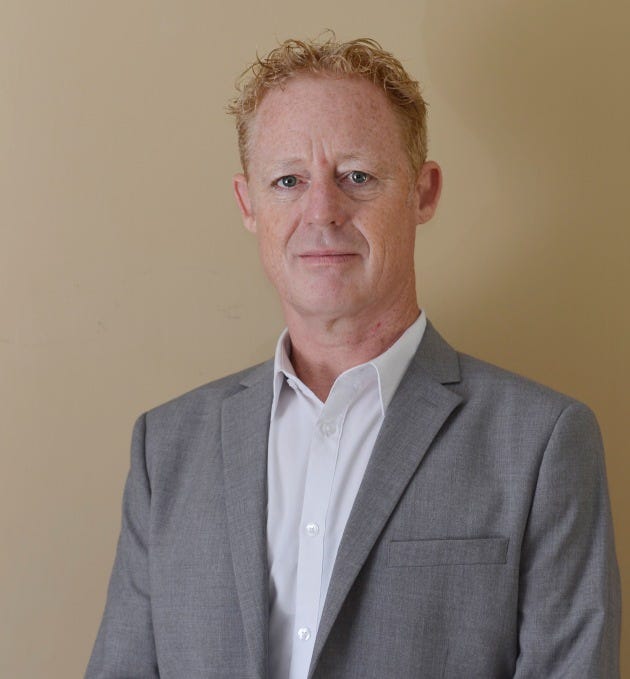Copia Global, a Kenyan B2C e-commerce firm, has raised $50 million in a Series C equity transaction led by Goodwell Investments.
New investors Zebu Investment Partners, the US International Development Finance Corporation (DFC), and Koa Labs joined previous investors Lightrock, the German development finance organization DEG, and Perivoli Innovations in the new financing round.
The funding comes three years after Copia’s $26 million Series B financing. A total of $33.5 million has been raised in Series A and B funding for the company. Copia’s total fundraising since its founding in 2013 now stands at $83.5 million, including its Series C.
Read also Egypt’s Healthy e-Commerce Startup 3attar Secures Growth Investment
The Series C money will be used to expand the Kenyan company’s strategy across East Africa, primarily Kenya, Uganda, and, in the future, Rwanda and Tanzania. Steel estimates that in the next several years, Copia will be able to access 80 percent of Kenya’s serviceable market, up from 50 percent now.
Copia is exploring other African markets and may expand into Nigeria, Ghana, Cote d’Ivoire, South Africa, Zambia, Mozambique, and Malawi, depending on socioeconomic and political macroeconomic conditions.

Why The Investors Invested
Copia has generated considerable traction since its last funding. According to a statement from the company, Copia has about 1.4 million unique clients and is roughly doubling every year. Copia also claimed that it delivers products to thousands of consumers every day and has completed over 10 million orders to date.
“Copia’s e-commerce model is built for the unique requirements of the African market and will save many Africans a lot of time and money. We see it as one of the next big leapfrogging technologies; just like mobile phones leapfrogged landlines and solar power leapfrogged the grid, Copia is leapfrogging retail,” Els Boerhof, the managing partner at Goodwell Investments, said in a statement.
A Look At What The Startup Does
Founded in 2013, Tracey Turner and Jonathan Lewis created Copia Global in Kenya as a B2C e-commerce platform to target Africa’s middle- and low-income consumers.
In a statement, the company said it uses mobile technologies, a network of local agents, and its own Copia Logistics to reach a market that traditional retail and Western e-commerce models can’t reach.
Because of how it handles the market, Copia, on the other hand, runs a business that allows it to supply items profitably.
The e-commerce company focuses on clients in rural areas who struggle to get the same goods and services as consumers in metropolitan areas or with higher income levels in terms of choice, price value, and reliability.
The organization is establishing a long-term business model that comprises a three-way connection with clients and 30,000 agents across Kenya and Uganda.
As part of its strategy, Copia recruits and trains small company owners who have already developed a level of familiarity and trust with customers. They dress in Copia uniforms and promote the platform to individuals in local areas, eventually persuading them to make their first purchase on the e-commerce site. These agents then perform a secondary function as aggregated delivery points.
Customers can select whether they want to connect with Copia online or offline thanks to Copia’s agent network model. The e-commerce firm gives agents a fee on every goods sold, boosting their earnings by more than 30%. According to the company, women make up 77 percent of the organization’s 30,000 agents.
Read also Tiger Global Turns To Ghana As US Investors Back Fintech Startup Float In $17m Seed Round
Copia delivers merchandise to its consumers within 24 to 48 hours. Copia, according to Steel, does not charge clients a shipping cost, which sets it apart from other e-commerce platforms. Copia reduces delivery costs by reducing traditional supply chain processes by aggregating multiple commodities straight from vendors.
Copia ecommerce Copia ecommerce Copia ecommerce
Charles Rapulu Udoh

Charles Rapulu Udoh is a Lagos-based lawyer who has advised startups across Africa on issues such as startup funding (Venture Capital, Debt financing, private equity, angel investing etc), taxation, strategies, etc. He also has special focus on the protection of business or brands’ intellectual property rights ( such as trademark, patent or design) across Africa and other foreign jurisdictions.
He is well versed on issues of ESG (sustainability), media and entertainment law, corporate finance and governance.
He is also an award-winning writer
